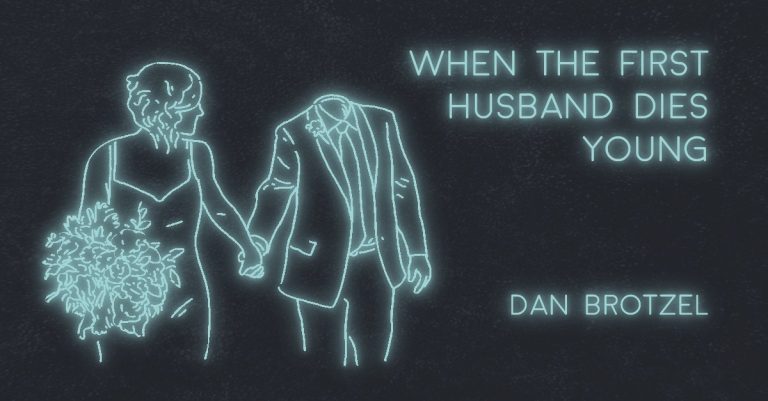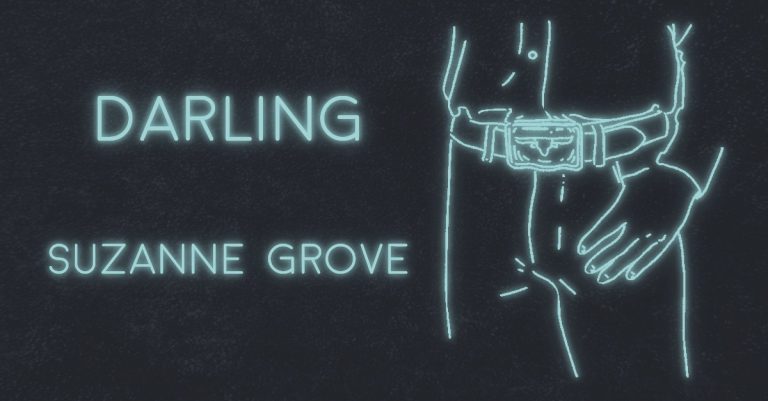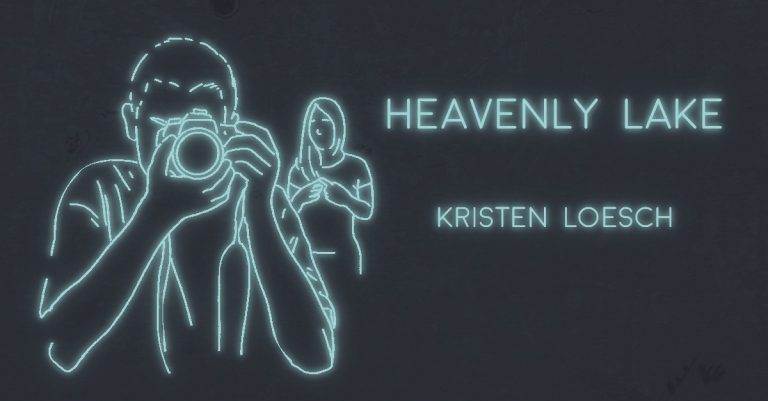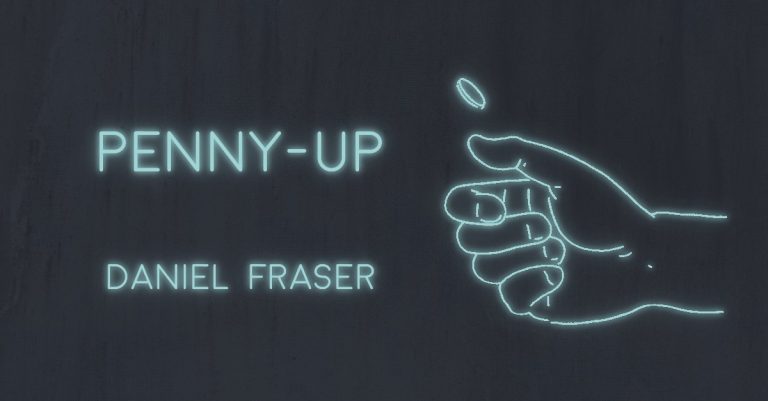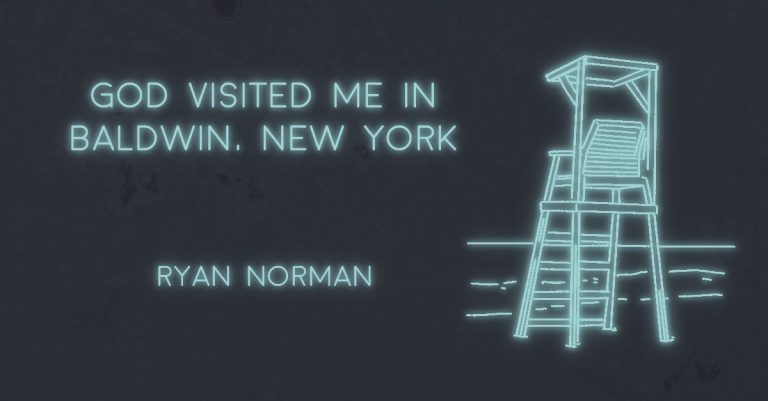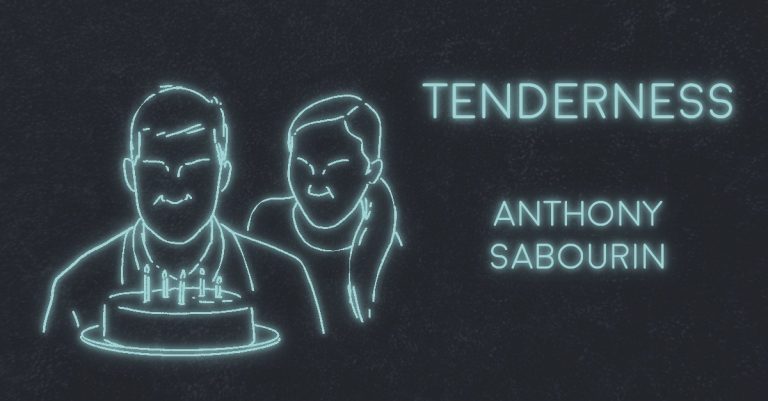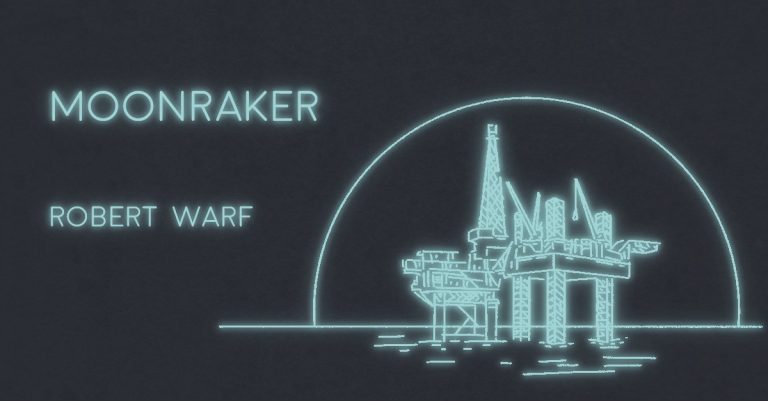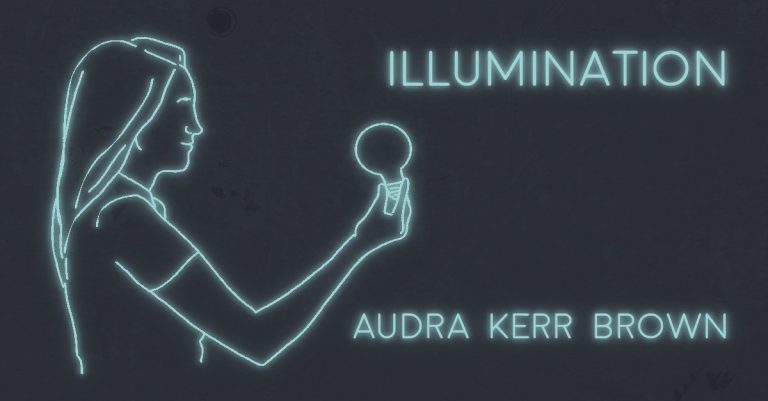
ILLUMINATION by Audra Kerr Brown
Three weeks after her miscarriage, Guinevere fell in love with the lightbulb. A 40-watt incandescent globe from the dining room wall sconce. She removed the lampshade in order to stare at the glow of its tungsten filaments, the bare harp sitting above the bulb as a halo. You are beautiful, Guinevere would say. Absolutely beautiful. The light had an electrical heartbeat, a faint buzzing, as if bees were trapped inside. She liked to unscrew the bulb from its socket, marvel at how perfectly it fit in her palm. How warm it felt. How round, how small.


